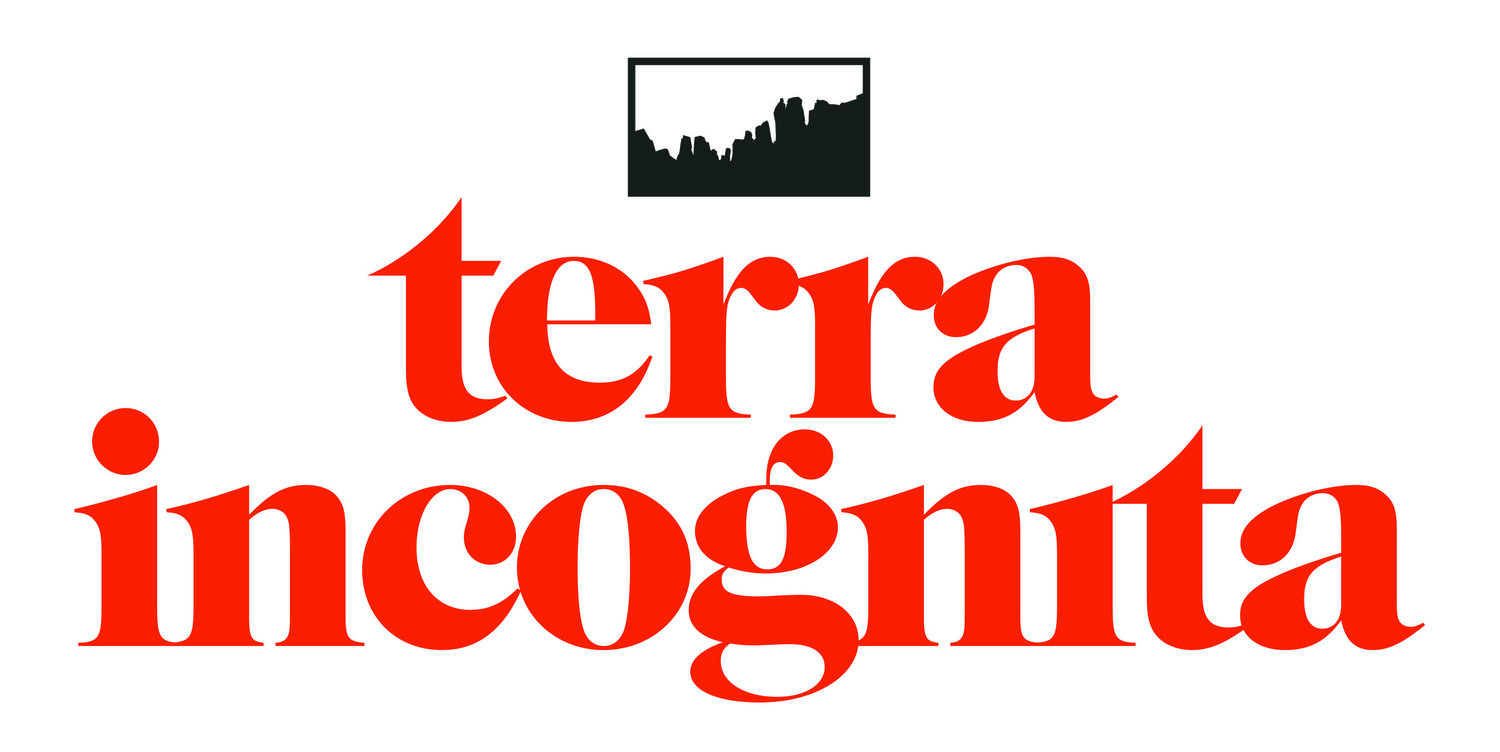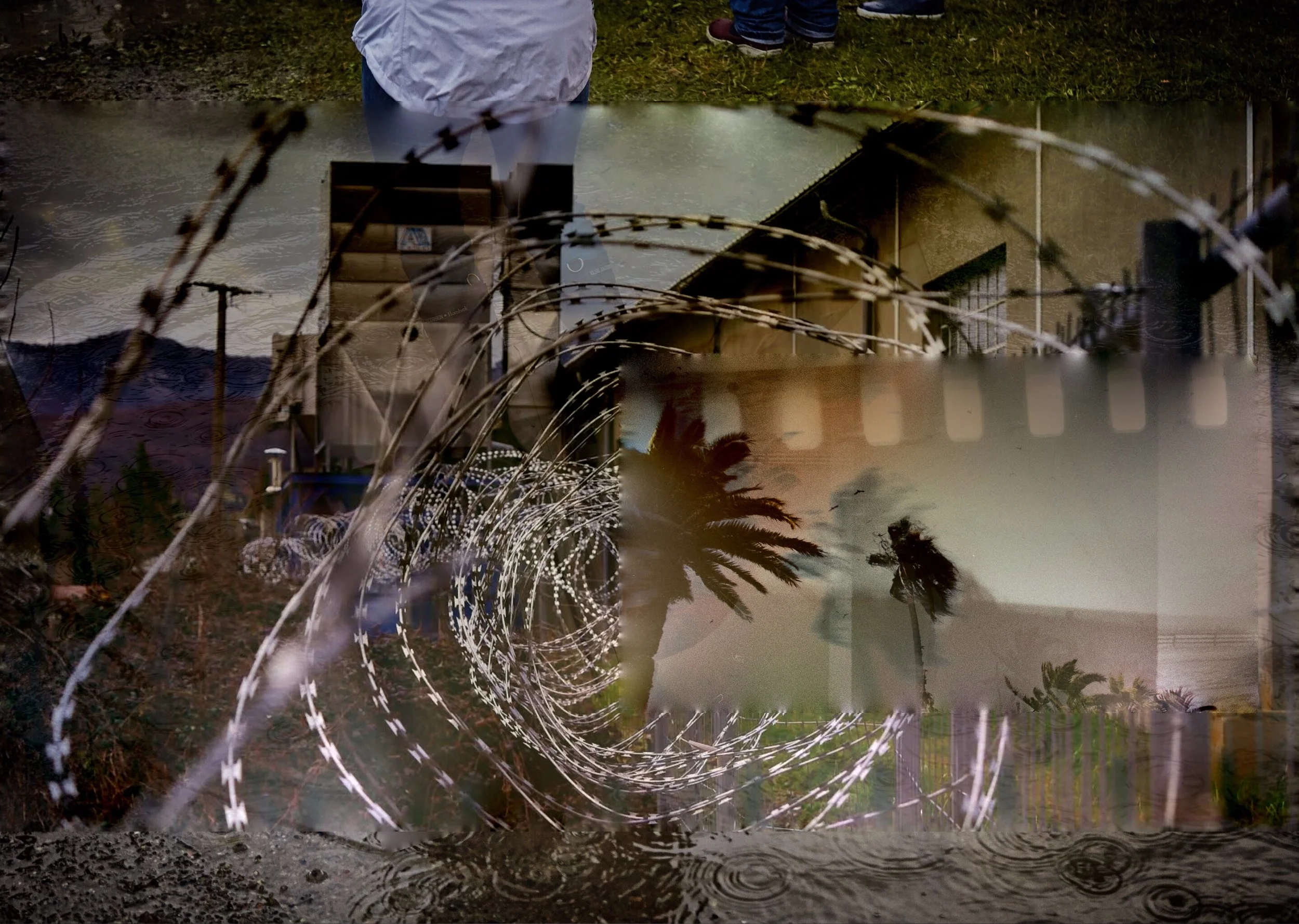When Natural Disasters Strike, What Happens to People in Prisons?
Photo Collage composed of photographs from Heidi Benyounes, Bizarre Mooder, and Vidar Nordli-Mathisen
As Hurricane Dorian looms slowly closer to the shores of South Carolina evacuations have been ordered for certain coastal communities. Despite these calls, Ridgeland Correctional Institute, in Jasper County, an area that makes up the very southeast coastal tip of South Carolina, is refusing to evacuate their inmates. Their reasoning is that the prison is the “safest place” for inmates and staff. They have apparently stocked the building with enough food, water, and supplies to last folx who will be trapped inside for weeks. The confidence put into this institute is unsettling considering the same non-actions occurred just last year with Hurricane Florence. Though Governor McMaster announced publicly that they were “...not going to gamble with the lives of the people of South Carolina. Not a one,” he did not ensure that the jail was evacuated. It seems that the same non-action is being taken this time with Dorian, despite this storm’s equally threatening ferocity and power.
From Hurricane Harvey, to Hurricane Florence, and now with Hurricane Dorian, it is clear our government does care about incarcerated people, an already vulnerable population, made even more vulnerable in these times of natural crises.
The dehumanizing conditions inside prisons are exacerbated when natural disasters strike, like hurricanes, heatwaves, or the recent polar vortex. Repeatedly in history and to this day, those who are in charge of prison operations have a pattern of leaving inmates to die. When natural disasters descended upon New Orleans (devastated by Hurricane Katrina in 2005), Texas (Hurricane Harvey in 2017), North Carolina (Hurricane Florence in 2018), St. Louis and Arizona (which have experienced heat waves), people serving time were left with no options but to remain locked down in their cells. In some cases, hundreds of people died, and in all cases folx were left without proper food and water, suffering for days, as Mother Jones reported, with no running water, causing toilets to build up with urine and feces.
In this society based in white supremacy and capitalism, it is by design that only the white and wealthy are set up to survive.
As Bani Amor writes for Bitch Magazine,
“Incidentally, the people who live in disaster-prone zones are people of color, and the mostly white, Western environmental and conservation movements don’t seem to want to confront this reality. This reveals how much these movements rely on the settler colonialist framework that placed the earth and its people in danger in the first place…If we’re going to protect the sacred and prepare for the worst, we must look at the environmental effects of white supremacy.”
The unconscionable conditions that come out of natural disasters for the most marginalized, as well as the conditions inside jails are connected, absolutely unjustified, and outright genocidal. It doesn’t have to be this way. Many human rights advocates have been fighting against the prison industrial complex and the systems that generate environmental racism for decades.
We’ve mentioned her before here at Terra Incognita, and we’ll never stop: Angela Davis is one of the most prominent and dedicated prison abolitionists. Davis, a social justice activist, scholar, writer, and professor, who spent 18 months in jail in 1970 under false accusations (upon which she was later cleared of all charges), inspired the songs, “Sweet Black Angel,” by the Rolling Stones, and “Angela,” by John Lennon and Yoko Ono, and sparked the “Free Angela Davis” movement. Before Davis was jailed she was on the FBI’s most wanted list at 28 years old. Davis has always been a fighter with her roots in the Black Panther Party and an all-Black branch of the Communist Party.
Davis has written monumental books about white supremacy, power structures, and oppression, and wrote about the prison industrial complex in her eye-opening book, “Are Prisons Obsolete?” published in 2003. In this book, Davis reflects on how so many people respond to the suggestion of abolishing prisons and police with taunts about the impracticality of living in this ridiculous “utopia.” People are so shocked and taken aback by the idea of a world without prisons and police that they think it’s a preposterous daydream. To some, this suggestion is akin to a Lisa Frank illustration -- a world without prisons is a world full of rainbows and butterflies, a naive impossibility.
But those who have been fighting to abolish prisons and police, like Angela Davis and Ruth Wilson Gilmore, are not talking about rainbows and butterflies. Prison abolition work is about alleviating our society of one of the most inhumane and cruel institutions where power is abused on the daily. Prisons do not enhance our society, they wreak havoc on our communities, particularly for Black, Latino, and Native American communities.
As Angela Davis states, “We should be able to find ways of addressing the problems that jails and prisons purport to solve that are less damaging to our communities... When we reflect seriously on mass incarceration, or over-incarceration we should begin with the insight that prisons have not always been among us, and that they can, in fact, be abolished in the future. And likewise, there have not always been armed forces patrolling and policing human communities. We can discover new and more effective solutions to the problem of security than armed human beings.”
Especially in the face of natural disasters, no one should be left without options or aid. While we need to continue to fight for the rights of our fellow humans who are prisoners inside jails, we should also fiercely work towards the greater goal of abolishing prisons completely.



